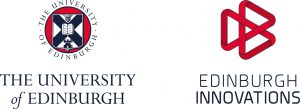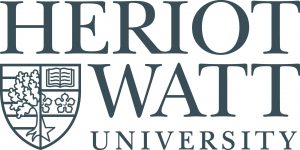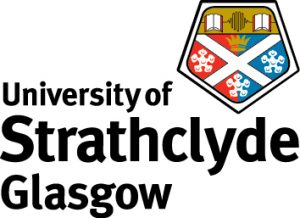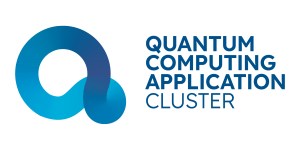








Welcome
The University of Edinburgh will host AIMday Quantum Computing (hybrid event) on Tuesday 18 April 2023, in collaboration with University of Glasgow and University of Strathclyde through the Quantum Computing Applications cluster, and with participation from Heriot-Watt University, University of St Andrews and the UK Quantum Computing Simulation Hub.
What is AIMday?
AIMday® (Academic Industry Meeting day) is a successful, proven format based on workshops where challenges submitted by participating companies around a central theme are discussed with academics from relevant university disciplines.
Read more about the AIMday Concept.
AIMday Quantum Computing
Quantum computing has the potential to offer exponential benefits through its applications, what is known as quantum advantage. The technology is maturing and now is the time to consider what businesses and intractable problems may be ripe for quantum advantage.
The purpose of this AIMday is to bring industry-led challenges in quantum computing hardware, software, and applications to a strong network of academic experts. We invite industry partners in the following thematic areas:
- developing hardware devices (OEMs), and looking for expertise to solve technical hardware problems or looking to access fabrication and lab facilities
- building software stacks or those interested in hybrid computing, and looking for expertise in program languages, noise characterisation, error correction, benchmarking and verification, integration with HPC, cryptographic protocols, and applications including machine learning and simulation
- not developing hardware or software but interested in starting on their quantum journey looking to access practical expertise on whether and when their business and intractable problems may be ripe for quantum advantage.
Our Expertise
This AIMday shall bring together a unique blend of scientific expertise for Quantum Computing across Scotland’s leading universities:
- Neutral Atoms
- Superconducting Circuits
- Spin Qubits
- Applications (QML, Quantum Security, Simulation, & VQAs)
- Software (Benchmarking, Verification, Certification, Programming Languages, Quantum Networking)
- High-Performance Computing & Hybrid Classical Quantum Computing
Explore Quantum Computing webinars – you have an opportunity to learn more about hardware and software solutions as well as problems ripe for quantum advantage.
If you have any questions about our webinars, please contact UK AIMday Hub at EPSRCIAA@ei.ed.ac.uk
How to participate
To participate in our AIMday event, you need to submit at least one challenge phrased as a question, which you wish to discuss in a small workshop setting.
Each question submitted by a company is tackled by a group of multi-disciplinary academics with the aim of finding pathways to solutions.
One question, one hour, a group of academic experts: that is the AIMday format!
Register your attendance at AIMday Quantum Computing (hybrid event) by submitting your question(s) on the registration page. Limited spaces available!
Please note that workshops are, in general, open for other companies to observe where relevant, but closed workshops can be requested if required.
Your question(s) and (company) name will be published on this website.
We are happy to help you come up with or phrase appropriate question(s), so please do get in touch with UK AIMday Hub at EPSRCIAA@ei.ed.ac.uk.
After the event, our academics can apply for funding from an exclusive funding call, to work with an AIMday participant on their challenge.
One question, one hour, a group of academic experts: that is the AIMday format!
Read more about participating in AIMday as an academic in Introduction for researchers and academics.
Examples of Applications
Quantum computers already have the power to access challenging scientific problems and have promising applications across a variety of industrial sectors, including in Engineering, Aerospace, Finance and FinTech, Pharmaceuticals, Chemical and Petro-chemicals, and Supply chain logistics. Example applications include:
- Supply chain logistics: Enhancing dynamic route optimisation, Maximising simultaneous packing of parcels, Supporting adaptive asset reallocation
- Finance and FinTech: Vastly improving speed and calculating capacity to analyse large or unstructured data sets, Improving Monte Carlo simulations, Optimising business and risk analysis
- Pharmaceuticals: Improving understanding of drugs; Accelerating discovery and R&D, Enhancing predictions of drug benefits and flaws
- Chemical and Petro-chemicals: Deepening and speeding molecule analysis.